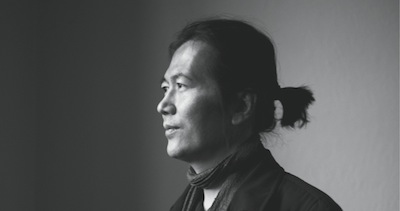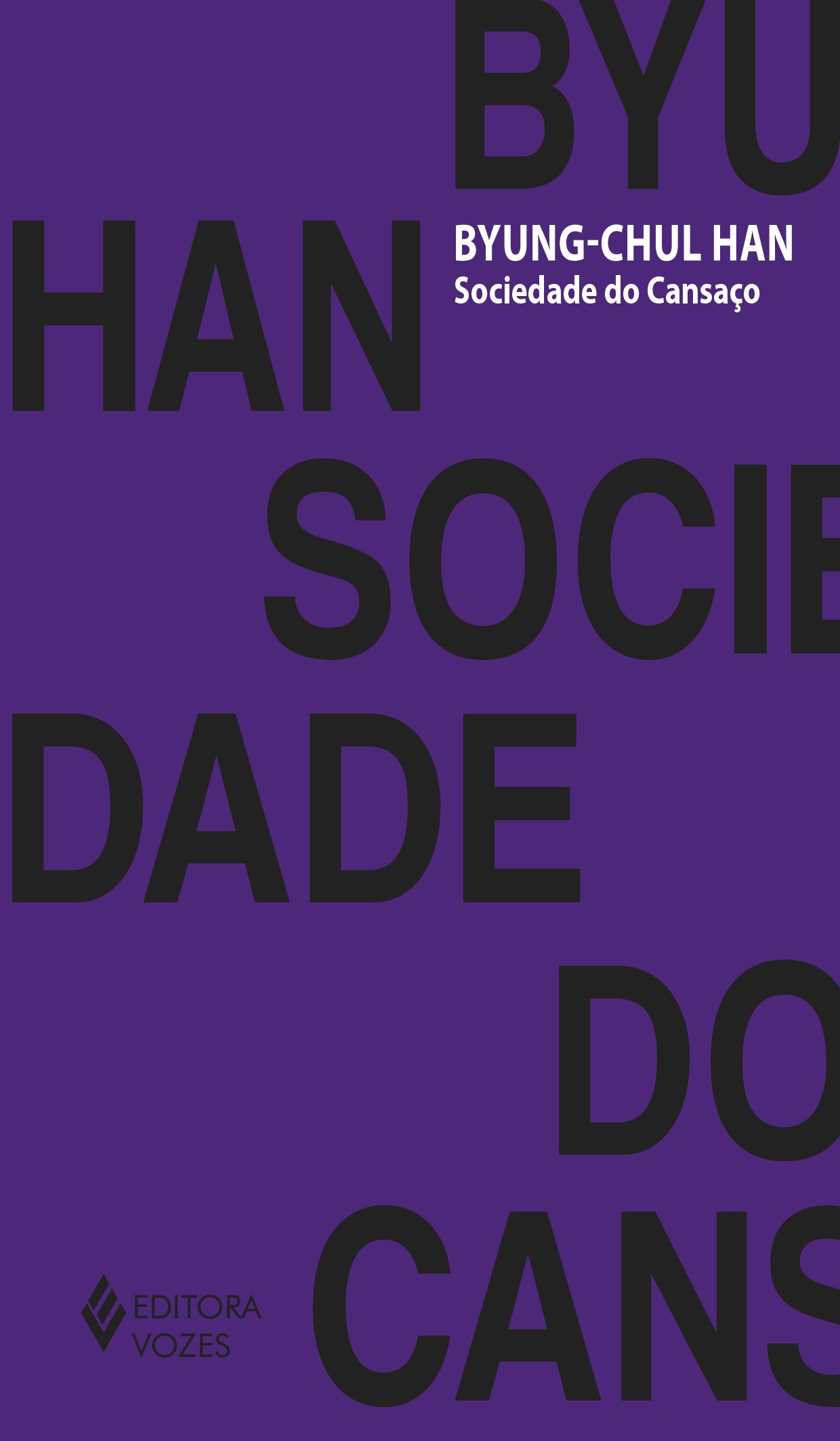Burnout Society
Published on February 28th, 2025
Byung-Chul Han (b. 1959) is certainly one of the most famous modern philosophers. This is because he is capable of synthesizing our current times with perfection, clarifying things we didn’t have a clear view of yet. He is part of German thought, even though he was born in South Korea. Thus, it isn’t hard to conceive of his books being full of references to Hegel, Heidegger, and Nietzsche.

“Burnout Society” is his most famous work to date. It is a short essay investigating our modern society and why people have been so tired recently. Neurodivergencies like ADHD have been becoming more and more common, and we are experiencing a depression and anxiety crisis worldwide. People are becoming extremely occupied and don’t have time for leisure anymore, and superficiality has taken over. Hence, Han’s work is of paramount importance.

To begin his train of thought, Han starts by describing the evolution of violence through time, explaining that we now live in a period characterized by neuronal violence, which contrasts with the previous immunological violence. The latter corresponds to violence where the self tries to negate the other, and vice versa (a process that creates the negation of the negation). However, as time passed, alterity has turned from an enemy into something more akin to a weight we have to carry.
Furthermore, the phase we are living in has been characterized by an excess of positivity – this is the dialectic of positivity, in Hegelian terms. The dialectic of positivity consists of a process characterized by a dialectical process of similarity, not alterity. Therefore, the violence we experience today is not a violence against the other, but rather against ourselves. We are not trying to negate the other; we’re actually experiencing an excess of affirmation towards ourselves. This is what characterizes what he calls neuronal violence, and this is the process we frequently see in our daily lives.
Neuronal violence is always characterized by excess, especially the excess of the self. One example of this is what the philosopher calls the “yes, I can do it” culture, which corresponds to the current glorification of productivity, which only ties us to this “it.” We are tying ourselves to too many things, incapable of contemplating or doing nothing, denying ourselves for a while. Moreover, Han uses the two types of violence to classify the previous society and our current one.
The previous society is the one described by Foucault in his work, where the individual suffers from coercion – constant surveillance – to maintain productivity. Therefore, this society is called the disciplinary society. Nowadays, according to Han, we live in a performance society, where we are told we are “our own bosses,” capable of managing our own lives. However, what this actually does is make us paranoid.
For capitalism, it is more productive to have individuals enslaving themselves rather than having someone act as a slave owner because it makes coercion easier to accept by the enslaved person. In reality, there is no coercion; the individual thinks it is their own will to remain within the productivity chain, as Byung-Chul Han explains in his other book, What Is Power?.
Additionally, the way stimuli are distributed to us has changed. As Han says, we live in a society dominated by the pedagogy of seeing, where a constant stream of visuals rules. This system incapacitates us from reflecting; everything around us serves to distract us from our own minds.
As he said: “The excess of positivity also manifests itself as the excess of stimuli, information, and impulses, radically modifying the economy of attention with these fragments and destroying attention.” (Han, Byung-Chul. Sociedade do Cansaço, p. 31). Moreover, this seems to be another way capitalism profits from our destruction: mitigating our attention means selling us more, especially to fulfill the desire to be entertained, or at least not be in profound tedium.
Afterward, the philosopher discusses two concepts: vita activa and vita contemplativa. Vita activa refers to the practice of having an active life, where action and doing are prioritized. He argues that this type of living is unhealthy, as it blocks any chance for deeper reflection, going against the thoughts of Hannah Arendt.
Vita contemplativa is the complete opposite. It is a life of contemplation, observation, and thinking. It is slower and less active, but it does not profoundly harm us. Han mentions Aristotle’s ideal life, which corresponds to this, in short. For him, this is what might solve our problems, somehow allowing people to have negativity – a negation of the self.
Reusing a quote from Nietzsche that appears in the book: “From lack of repose, our civilization is turning into a new barbarism. At no time have the active, that is to say, the restless, counted for more. That is why one of the most necessary corrections to the character of mankind that must be undertaken is a considerable strengthening of the contemplative element in it.”